2013 BMW 320i Review

More models is the strategy that’s been in place by both BMW and Mercedes-Benz for several years now as the two German rivals vie for the title of “America’s Number 1 Selling Luxury Vehicle Brand.”
FAST FACTS
| 1. A 2.0-liter turbocharged four-cylinder engine powers the 320i generating 180 hp and 184 lb-ft of torque. |
| 2. A six speed manual is standard for the car with an eight speed automatic optional. |
| 3. The automatic equipped 320i xDrive sedan is officially rated at 23 mpg in the city and 35 mpg on the highway. |
| 4. The 320i xDrive Sedan begins at $34,790 with our vehicle coming in at $44,195 after options and destination charges. |
Soon, BMW will have a 1, 2, 3, 4, 5, 6 and 7 Series as well as X1, X3, X4, X5 and X6. Oh, and then there are the specialty models like the i3, i8 and Z4. But a family of vehicles reproducing faster than rabbits is only just the beginning, with BMW also adding a plethora of variants within each model range – particularly in the more affordable end of the spectrum.
Not including the adrenaline pumping M3, historically BMW has stuck to a two engine philosophy for regular 3 Series models in America. But lately things have changed. There is now the ActiveHybrid 3 as well as a diesel 328d. Not finished yet, BMW has introduced a fifth engine option to the 3 Series sedan in the form of the 320i.
LOWERING POWER IN THE NAME OF PRICE AND ECONOMY
Using a slightly revised version of the 2.0-liter turbocharged four-cylinder engine found in the 328i, the 320i is officially rated at 180 hp and 184 lb-ft of torque. Compared to the 328i, that is a loss of 60 hp and 71 lb-ft of torque.
At this point you might be asking ‘what gives BMW?’ Well, the answer is simple. It’s all about price and fuel economy.
Starting over $5,000 cheaper than the 328i xDrive sedan, the 320i xDrive we had for evaluation is officially rated at 23 mpg in the city and 35 mpg on the highway with the optional eight-speed automatic transmission. At only one mpg city and two mpg highway that may not seem like much of an improvement over the 328i and during our time with the 320i we were only able to average 27.4 mpg in mixed driving. On the other hand, that is only 1.6 mpg off of what we achieved in the ActiveHybrid 3.
Like all gasoline powered 3 Series, the 320i requires premium fuel which, for such a reduction in power compared to the 328i, is a bit of a shocker. BMW claims the 320i will gallop from 0 to 60 mph in a respectable 7.1 seconds with a top speed limited to 130 mph.
The 2.0-liter turbo sounds a bit like a diesel in this application with an audible clickity-clack at idle. Under power, it behaves a bit like an oil-burner as well with torque popping up instantly and during a good part of the rpm band; 1250-4500 rpm. Turbo lag is virtually absent in the 320i, but power does tail-off in the upper revs. The eight-speed automatic is quick to react however and does its best to keep the engine in the optimal power range.
We expected the 320i to be a bit more of a dog under power, but the drivetrain really does a good job providing adequate power. It makes us wonder if the 328i will become the forgotten middle child between the sporty 335i and efficient 320i.
COMFORT, NOT PERFORMANCE
Yes the 320i is not a performance car and battles the ActiveHybrid 3 as least sporty sedan within the 3 Series range. But speed is not the goal of the 320i as it is meant to be a comfortable, entry level luxury car and here it succeeds.
The suspension swallows up bumps better than most other compact luxury sedans. It’s smooth and comfortable on the road. Unfortunately that’s because BMW gave it a suspension set-up with no sporting pretensions.
That said the 320i is not a spongy modern day Buick Century. The new 3 Series launched last year has unfairly gained the stigma of being non-sporty. Although this is a softer 3 Series and the 320i is the softest of the bunch, it still handles and delivers better feedback than most cars on the road today. Just don’t expect it to have the reflexes of the E46 or E90.
ALL BMW INSIDE
The 320i’s interior is well appointed and our test vehicle featured the right amount of option packages to make the driver forget this is the entry level model and not the more expensive 328i or 335i. These packages do add a lot to the bottom line though as the 320i xDrive’s base price rose from $34,790 to $44,195 after options and destination charges. That’s roughly the base price of an all-wheel drive 335i.
BMW has succeeded in making this car feel like something special and not a luxury car pretender. The leather on the steering wheel and seating surfaces feels rich and most of the switch gear is finished in quality materials. The days of cursing iDrive are long gone as BMW’s user interface is now intuitive and fast to react to inputs. Front seats are comfortable and offer a lot of space while there is still a decent 35.1 inches of legroom in the back; something that could not be said of past 3 Series sedans. The trunk however is still a smallish 13 cu-ft.
THE VERDICT
Designed to compete against other entry level compact luxury vehicles like the Cadillac ATS 2.5, Mercedes-Benz C250, and more basic Audi A4s, BMW is down on power compared to many of these entries, but right on the money with luxury and refinement.
The real world fuel economy benefits of the less powerful engine aren’t as noticeable as we hoped, meaning the true reason to buy remains the entry-level price point. While $35,000 still might not be cheap, the less powerful engine option does mean customers can pile on more of the option packages without blowing the budget.
Combine that reasoned argument with the emotional motivation to own a car with a BMW badge on it and if you can live with the power downgrade there’s little reason not to opt for the new 320i.
LOVE IT
- Comfort
- Refinement
- Luxury
- Price
LEAVE IT
- Not sporty
- Trunk space
- Can still get pricey

A 20+ year industry veteran, Mike rejoins the AutoGuide team as the Managing Editor. He started his career at a young age working at dealerships, car rentals, and used car advertisers. He then found his true passion, automotive writing. After contributing to multiple websites for several years, he spent the next six years working at the head office of an automotive OEM, before returning back to the field he loves. He is a member of the Automobile Journalists Association of Canada (AJAC), and Midwest Automotive Media Association (MAMA). He's the recipient of a feature writing of the year award and multiple video of the year awards.
More by Mike Schlee













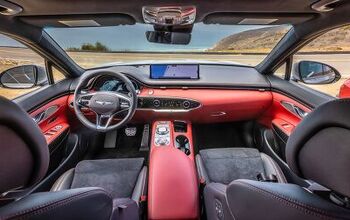

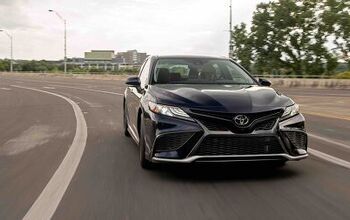
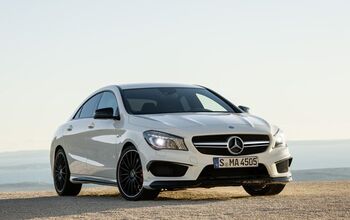
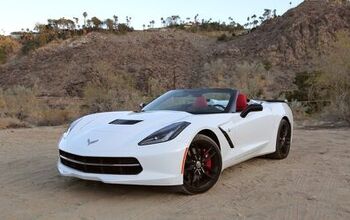
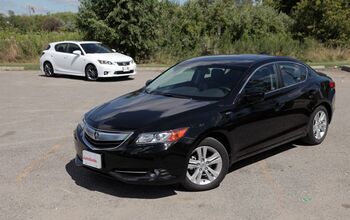

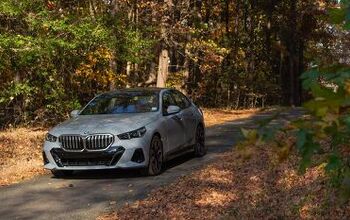
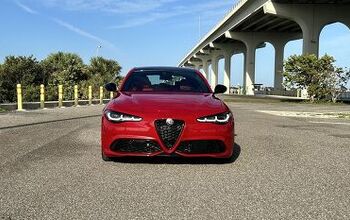
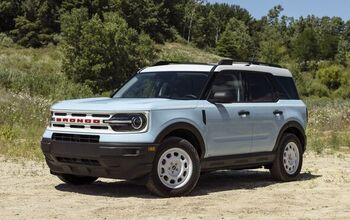
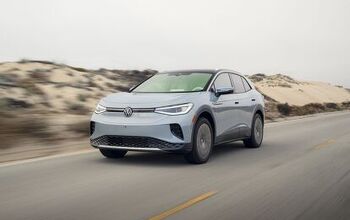


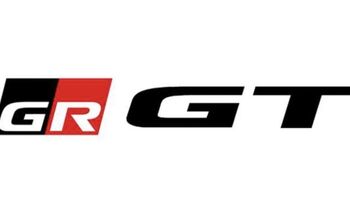


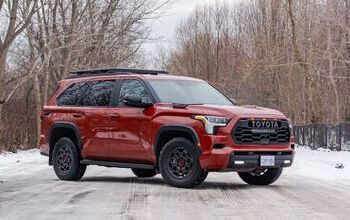
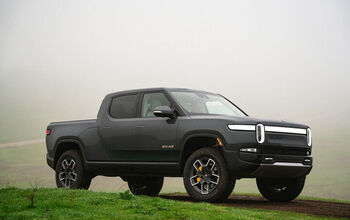
Comments
Join the conversation